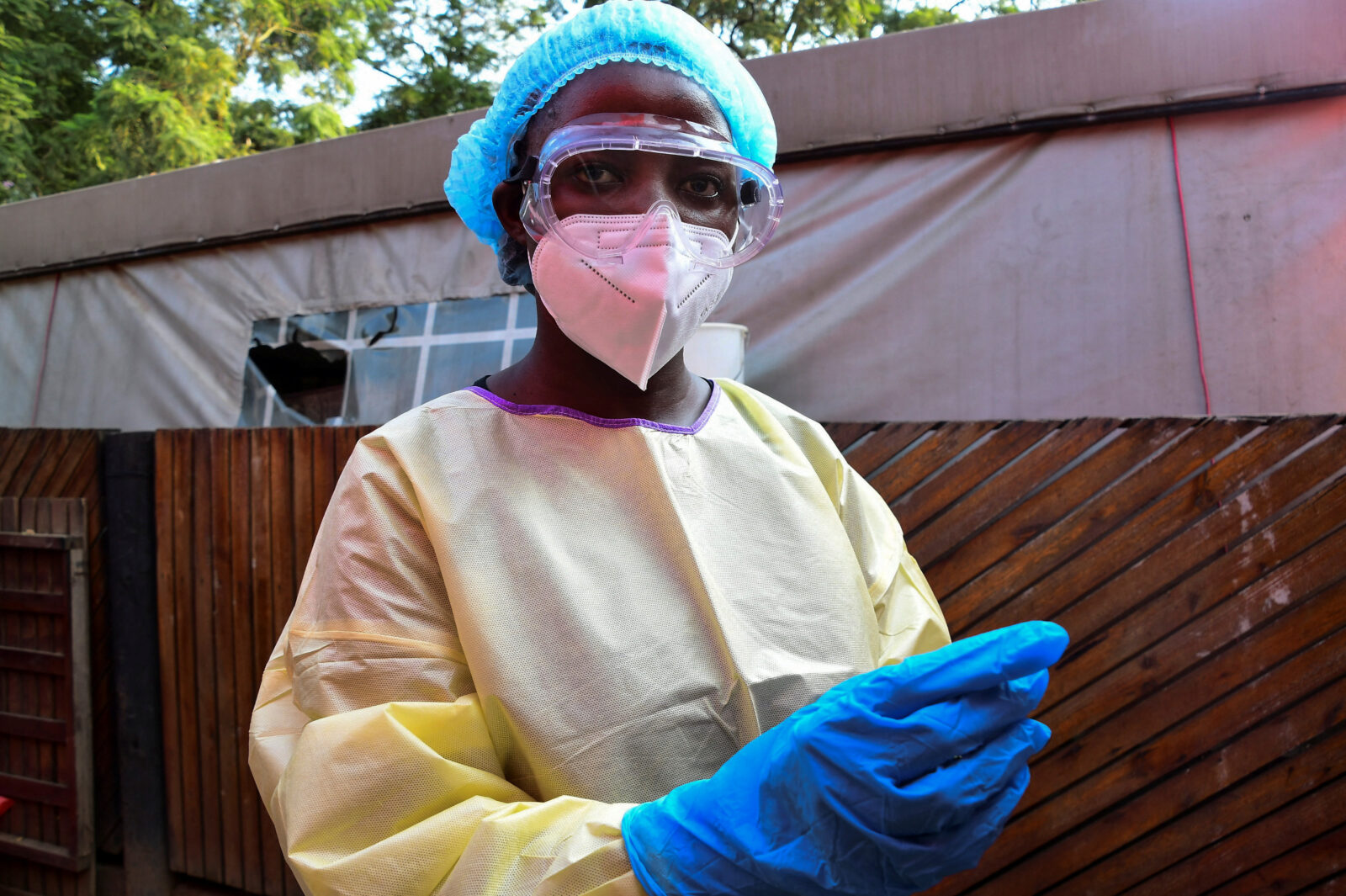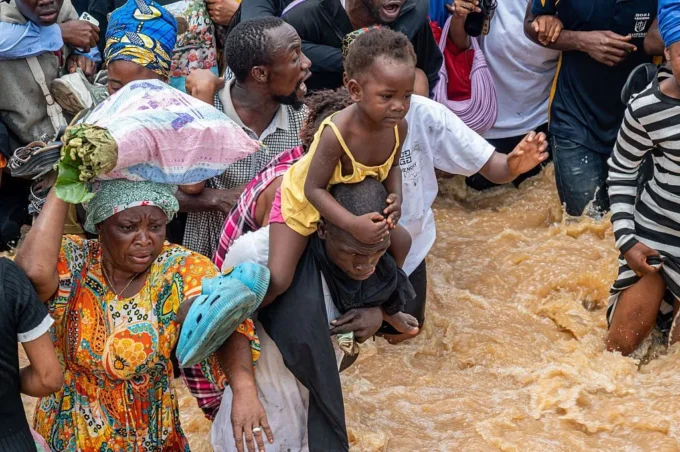Uganda has embarked on a groundbreaking trial of a vaccine specifically targeting the Sudan strain of the Ebola virus, spurred by a recent outbreak that claimed one life and infected two others. The trial began with the first dose administered on Monday to an isolated participant, following the death of a 32-year-old male nurse last week.
The vaccine, developed by the International Aids Vaccine Initiative, a global non-profit, is under scrutiny as there are no approved vaccines yet for the Sudan strain of Ebola. However, vaccines do exist for the more commonly known Zaire strain, which has caused significant outbreaks in the Democratic Republic of Congo.
Symptoms of Ebola infection start with fever, fatigue, muscle pain, headaches, and sore throat, progressing to vomiting, diarrhea, rash, and severe internal and external bleeding. The virus spreads through direct contact with infected bodily fluids or tissues.
The current outbreak is Uganda’s sixth, with the Sudan strain known for its high fatality rate, killing at least 40% of those infected, according to the World Health Organization (WHO). In response, 40 contacts of the initial victim are scheduled to receive the vaccine in this initial phase, part of a coordinated effort between Ugandan health officials and the WHO.
The Ugandan Ministry of Health has identified 234 contacts for monitoring. The trial is a collaborative effort involving the WHO, Uganda’s Ministry of Health, the Uganda Virus Research Institute, and the Makerere University Lung Institute.
Matshidiso Moeti, WHO’s Director for Africa, emphasized the significance of this trial, stating, “This marks a major milestone in public health emergency response and demonstrates the power of collaboration for global health security.” She added that if the vaccine proves effective, it could significantly enhance protection against future outbreaks.
The last outbreak of the Sudan strain in Uganda, confirmed in September 2022, led to over 70 deaths before being declared over in January 2023. Although the same vaccine candidate was available, trials could not proceed before the end of that outbreak.
Over the weekend, 2,160 doses of the vaccine and necessary treatments arrived in Kampala, the capital. Health officials and research teams have been working diligently to organize trials, including developing protocols, briefing researchers, and managing logistics.














Leave a comment